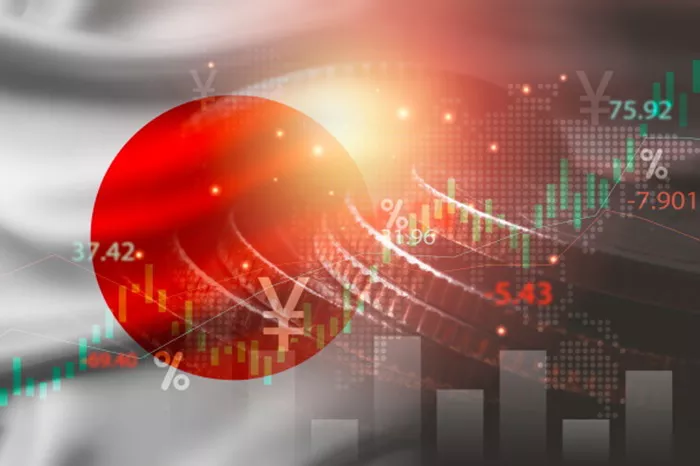Japan’s stock market experienced notable declines on Friday as escalating tensions in the Middle East rattled investor confidence. The Nikkei 225 index, Japan’s benchmark stock gauge, fell sharply amid concerns over the regional instability following Israel’s recent strike on Iranian nuclear facilities.
The Nikkei closed at 37,834.25 points, down 338.84 points or 0.88% compared to Thursday’s close. Similarly, the broader Tokyo Stock Price Index (Topix) declined 26.50 points, or 0.95%, to settle at 2,756.47. The intraday movement saw the Nikkei drop more than 600 points at one stage, reflecting heightened market nervousness.
An analyst from a leading securities firm explained that the deteriorating situation in the Middle East has increased risk aversion among investors, prompting a shift away from equities. This trend was compounded by the Japanese yen’s appreciation against the U.S. dollar, which put additional pressure on Japan’s export-oriented companies and weighed on stock prices overall.
The yen strengthened sharply during Tokyo trading hours, briefly surpassing the 143-yen mark against the dollar. A Bank of Japan official later commented that the U.S. dollar rebounded due to “emergency demand for the currency,” a common reaction in times of global uncertainty.
Adding to market volatility was U.S. President Donald Trump’s recent suggestion of raising automobile tariffs. This announcement triggered a sell-off in the automotive sector and other export-driven stocks, as investors grew concerned about the potential impact on global trade and corporate earnings.
The combined effect of geopolitical tensions, currency fluctuations, and trade policy uncertainties contributed to the cautious sentiment dominating the Tokyo stock market on Friday. Investors remain vigilant as they monitor developments in the Middle East and potential shifts in international economic policies that could influence market dynamics in the near term.
Related Topics:
Xi-Trump Call Disappoints Investors, Ending Hong Kong’s Rally
Chinese Stocks in Hong Kong Enter Bull Market Ahead of U.S.-China Talks
Chinese Ev Stocks Fall On Government Supplier Payment Demand

